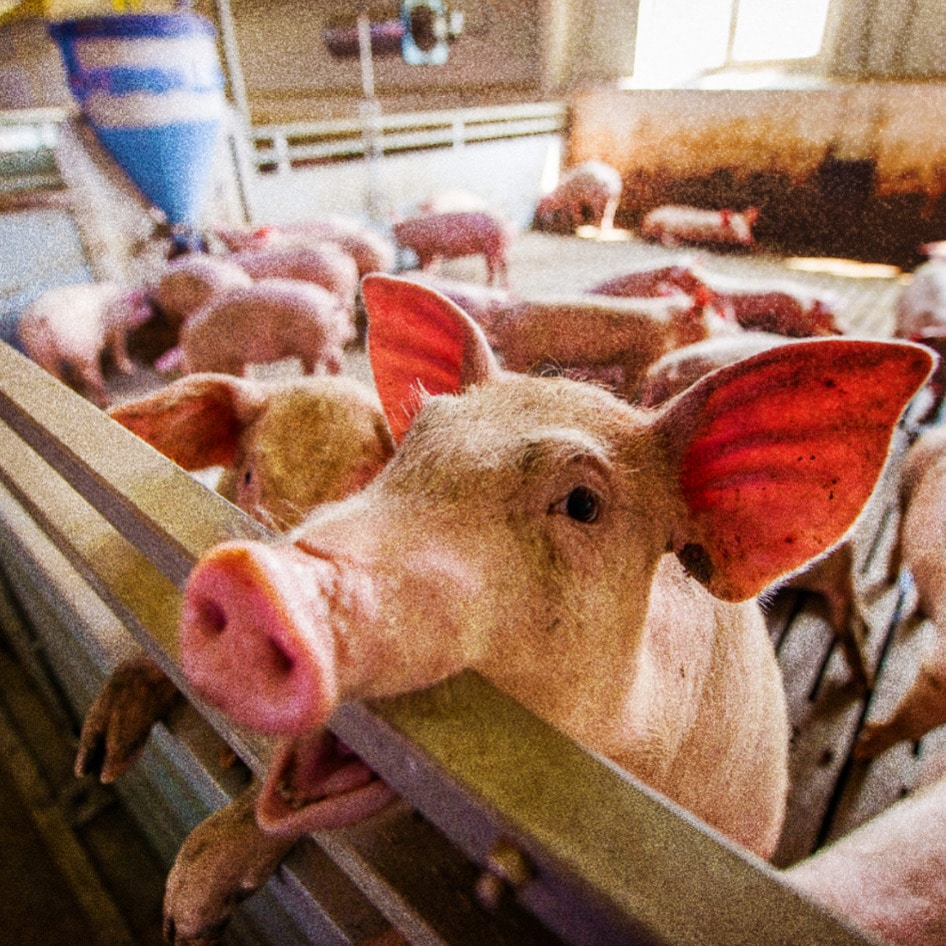Why We Should Watch Less Television (and How to Make it Happen)
With the long days of spring blossoming all around us, now’s the perfect time to go TV-free.
April 11, 2009
When my husband and I decided to raise our children as vegetarians, we did so believing this would give them the best chances of living a happy, healthy life, while also helping to change the world. But as we learned—and have observed in others—once you step off the mainstream path in any way, it can be an opening to reconsider other cultural norms. So consider television.
More than anything else in our lives, television embodies, promotes, and reinforces values which we—and many other vegetarians we know—disagree with. It is a powerful voice that speaks to children, and most of what it says is contrary to our vegetarian ethics. According to Jerry Mander, author of the seminal work Four Arguments for the Elimination of Television, some technologies—television being the big one—are not neutral, but rather wield tremendous power. (Weapons of mass destruction are another example.) In fact, advertisers find television so effective at altering Americans’ behavior that, according to Nielsen Media Research, promoting specific food products is a multi-billion-dollar industry annually. Commercials getting the most air time sell the sort of fare that any health-conscious parent wouldn’t want their children to eat; think sugary, nutrient-deficient cereals, over-packaged and processed snack-foods loaded with hydrogenated fats, and saccharine soda pops full of hard-to-pronounce chemicals. But because the medium is both seductive and influential, parents aware of the propaganda can use the medium to reinforce their values rather then the cultural norm.
Vegetarian values are likely to include respectful treatment of friends, family members, animals, and the natural world, which would preclude dramas depicting children and parents (or siblings) as antagonists. Commercials and dramas reinforce the unfortunate cultural norm that there is a pill for every ill—and that there’s no need to worry about the side-effects, while many vegetarians believe (and want their children to believe) that lifestyle adjustments should be our first response to pain, suffering, and many illnesses. But perhaps the one television-reinforced value that most undermines vegetarian values is that which is most basic to television itself: consumption.
Commercials give impressionable minds the implication that life will be much better if products X, Y, and Z are purchased or consumed, and the message can make some feel inadequate if they don’t have access to the products peddled on the television screen. Few will argue that over-consumption is destroying the natural world, and that it is a factor in most wars. But for families who take the time to carefully select programs with age-appropriate content, your television can actually be used to enculturate children with healthy, compassionate values, and educate them in ways that promote—rather than undermine—democracy.
Most parenting experts link television watching with behavioral problems, reduced academic performance, eating disorders (from anorexia to obesity) and decreased fitness. As parents, we have been more criticized for “depriving” our children of television then raising them dairy-free. But having abstained from television and videos when they were younger, at ages nine and 13, the technology itself is so novel that our children find low-key history, science, and biographical videos (from our library’s non-fiction section) enjoyable. And we are all grateful for our peaceful, health-conscious home.
JUMP TO ... Latest News | Recipes | Guides | Health | Subscribe







